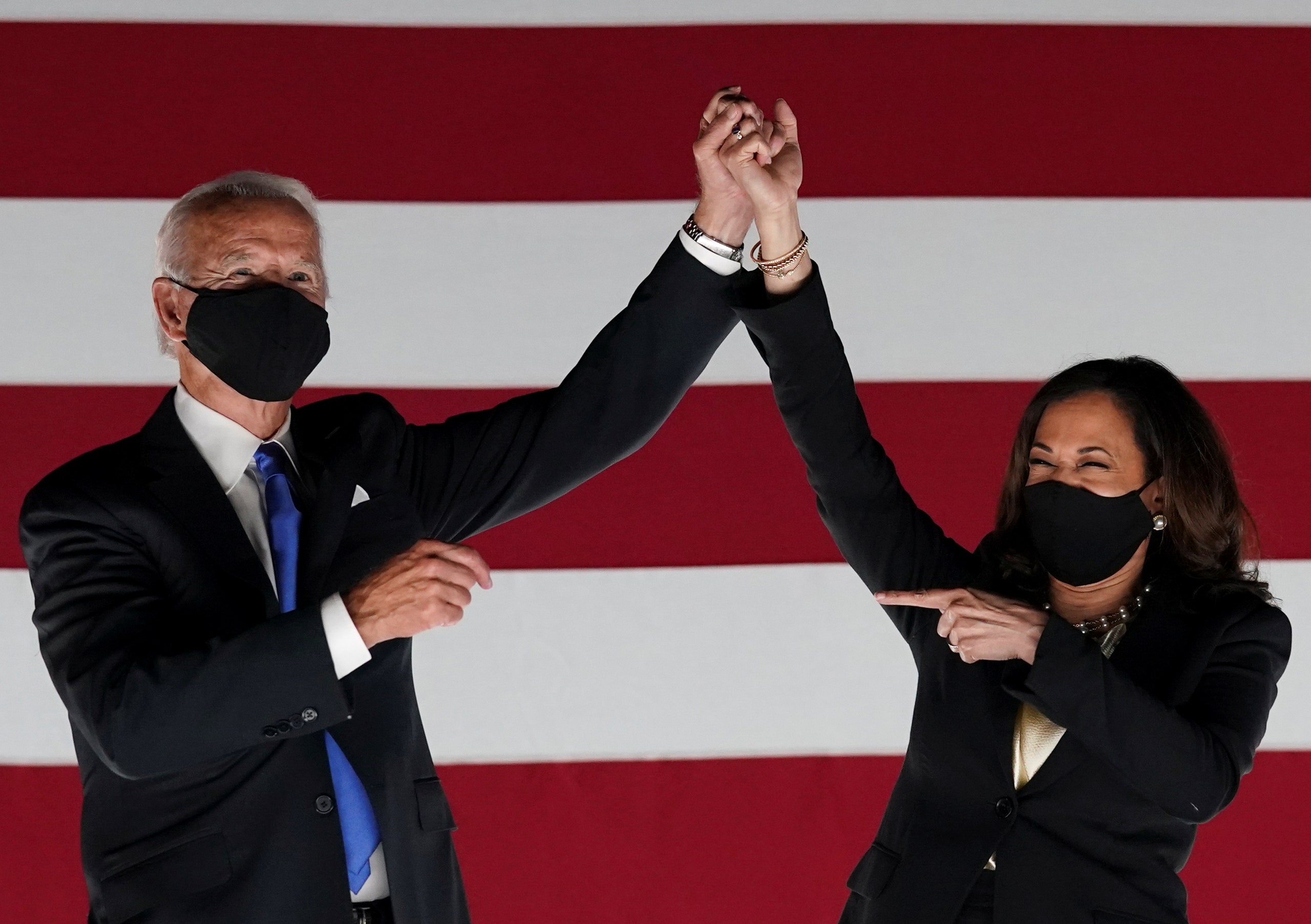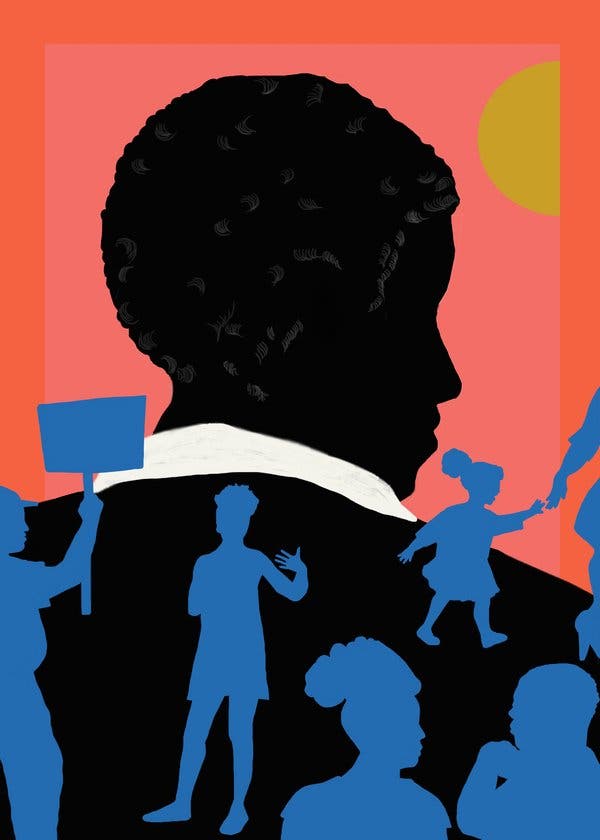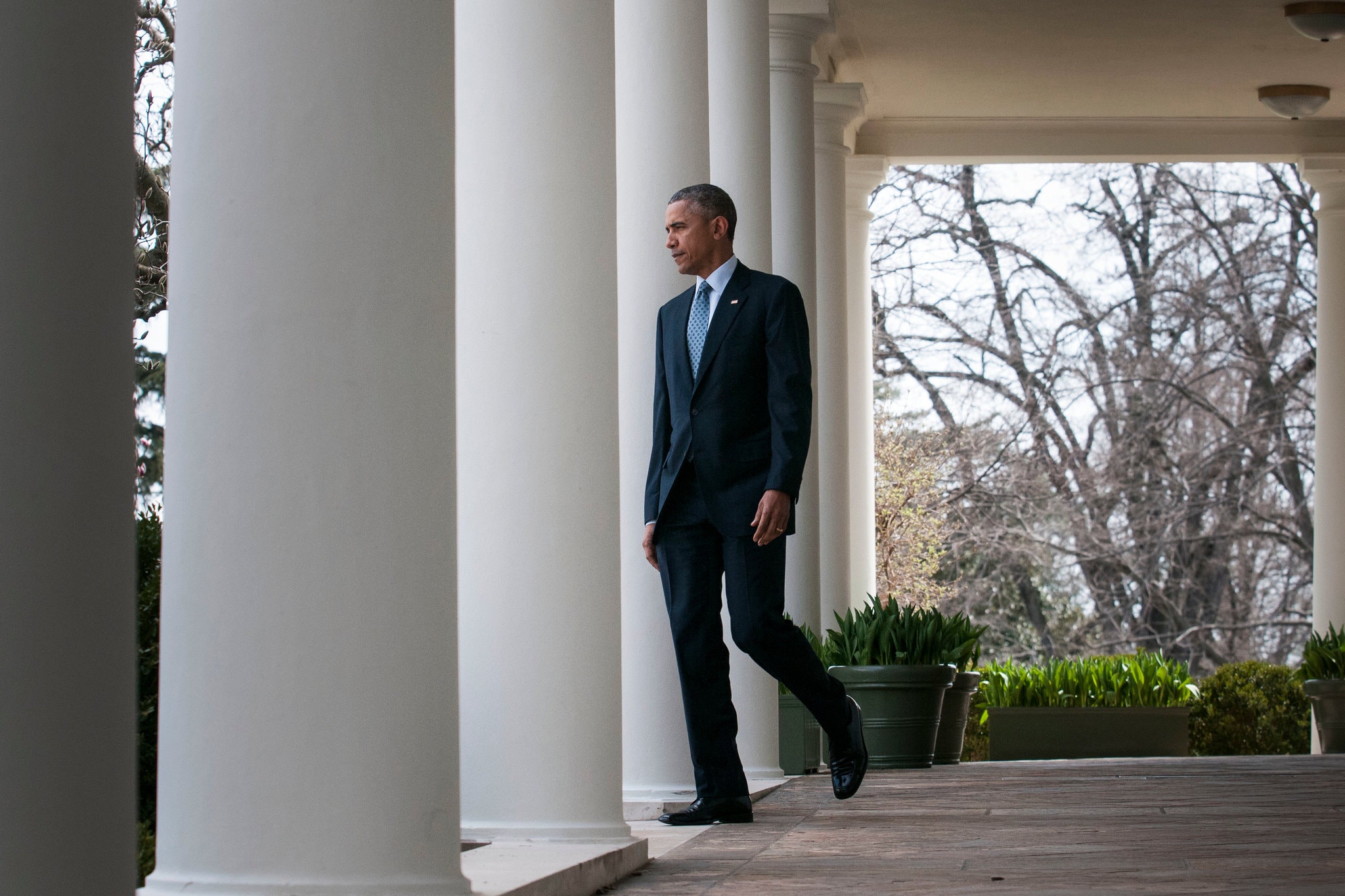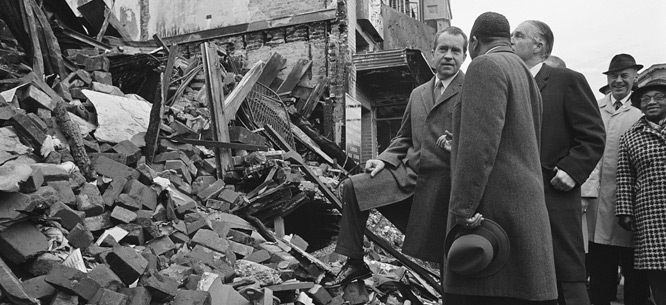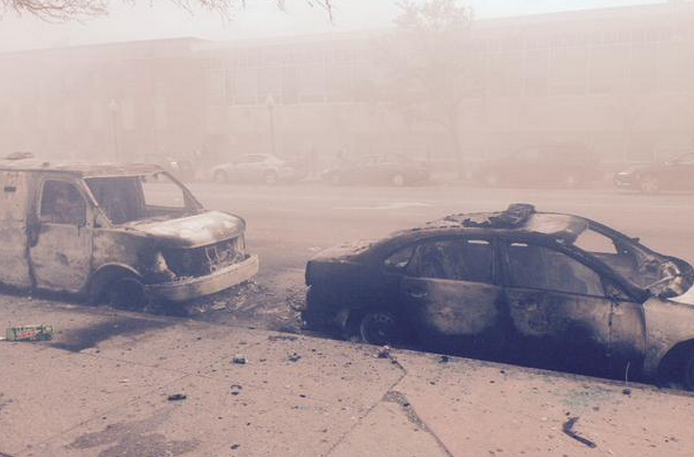The Meaning of the Democrats’ Spending Spree
By Keeanga-Yamahtta Taylor
Read the full article from The New Yorker here.
“If anything, the A.R.P. is defensive legislation, reacting to the crisis but lacking an offensive strategy to reverse the worsening inequality in the U.S. The federal government will help people pay for health care if they lose their jobs, but the system of for-profit health care is left untouched. Billions will be made available for rental assistance, but the unaffordability of housing remains the same. Millions of Americans will continue to struggle with debilitating debt, and to live on the federal minimum wage, which is still absurdly less than eight dollars an hour. This new spending is necessary but not nearly enough to dig ordinary Americans out of the hole created by decades of political neglect.”




